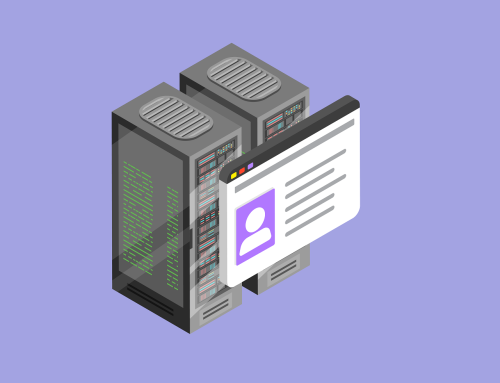Top Data Challenges Currently Facing Businesses
Dealing with data in business isn’t short of its challenges. With so many marketing campaigns, customer service and business decisions often being solely based off the organisation’s data, it’s important that challenges are regularly identified, discussed and overcome.
Discussed in this blog are a number of data challenges that currently face businesses and some of the steps that can be taken to address them.
Unconsolidated Data
Due to fragmented customer journeys, it’s often difficult for organisations to piece together data to get a full 360-degree view of customers. Fragmented data spread across an organisation can result gaps in knowledge, ultimately impacting analytics and business intelligence.
Without data being consolidated and available in the place, it doesn’t provide the full picture for your customers. This can lead to poor decision making, less efficient customer service and unreliable customer view.
Organisations with a Single Customer View implemented are able to see one version of the truth. A Single Customer View is necessary as it provides businesses with the ability to track customers and their communications across every channel.
Consolidating your organisation’s data to create a Single Customer View isn’t something that can be done with the flick of a switch. It’s a complex process which involves merging data dispersed across all sources, removing the need for a siloed approach.
Duplicate Data
This is an inevitable issue associated with human data entry error or multiple sources with the same information. Duplicate data are records which can be found in multiple times in a dataset. These can either be identical matches or partial matches. Having multiple records for the same person or account indicate that the data you’re using is inaccurate or stale.
The challenge of duplicate data can be addressed with regular data cleansing. Cleansing through either manual data matching or a software solution deduplicates and merges records resulting in improved data quality.
Volume
When a dataset is large and growing continuously, it poses a challenge to the organisation. The amount of information stored in organisations’ IT systems around the world doubling approximately every two years. If this growing data is unstructured and unconsolidated it poses a risk of becoming inaccurate over time, eventually making it unreliable to use for informing business decisions.
However, with the right solution in place organisations can cope with the increase in volume of data. The hardware, software and storage implemented need to be scalable to match the growth of the business’s dataset.
Upgrading your current storage infrastructure to take advantage of new software, along with compression and tiering can reduce the amount of space your growing data takes up. Similarly, addressing the growing volume will reduce the costs associated with big data storage in the long run.
Data Security
While most organisations understand the importance of good data management to make good decisions, it’s next to useless without good data security infrastructure in place.
Attacks against businesses are common in every industry and country. These threats often come in the form of malware, ransomware, phishing and denial of service attacks. Data security is important in any industry, although in industries such as government and banking, losing critical data to hacks and attacks could result in severe consequences.
While many attacks can be avoided with data security processes in place, software solutions used throughout organisations can become vulnerable to attacks if they aren’t maintained and patched regularly.
Investment in the appropriate software and security technology will ultimately greatly reduce your organisation’s chances of a data breach.
Do you wish to find out more about the services we offer to improve your data strategy? Be sure to contact us today on +353 1 8041298 or get in touch below!









